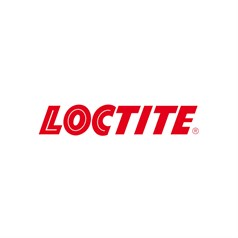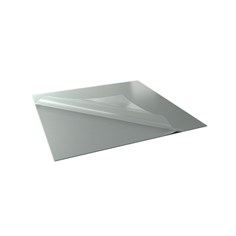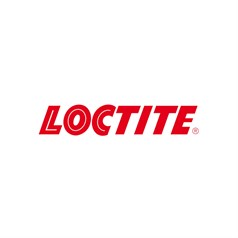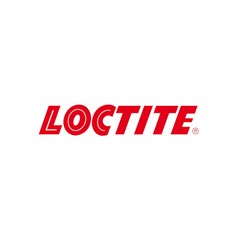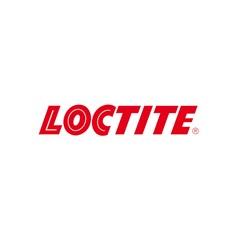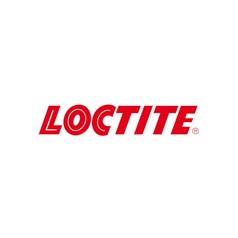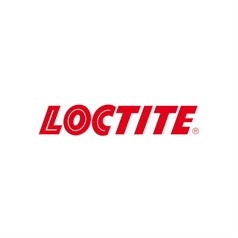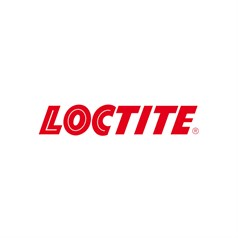Film Adhesives
Film adhesives consist of thin sheets of epoxy adhesive with a removable backing. They can be cut to size or supplied in pre-cut, easy to apply forms. Film adhesives provide excellent electrical, thermal and mechanical properties. This makes them ideal for the most demanding applications in a wide range of sectors, including aerospace, electronics and telecommunication. Film adhesives can be pressure-sensitive or heat activated. Heat activated adhesives cure quickly at temperatures ranging from 125°C to 150°C. Customised performs can be manufactured to conform exactly to complex PCB shapes, ensuring a precise amount of void-free adhesive is applied to a specific area.
Conro offers a wide choice of film adhesives from major manufacturers such as Henkel Loctite.
Conro is an authorized distributor for Henkel.
Types of film adhesives
Film adhesives generally provide good bonding to a variety of substrates. Some types of film adhesives are manufactured to provide improved adhesion to specific materials, such as gold-plated surfaces.
Film adhesives can come in sheets to be cut to size with blades or lasers, or in pre-cut shapes. They can be pressure-sensitive or heat activated. Another important distinction is between thermoset and thermoplastic film adhesives.
- Thermoset. These adhesives form an irreversible bond once cured.
- Thermoplastic. These adhesives soften after the application of heat and harden when cooled. The process of heating and cooling can be repeated.
Epoxy film adhesives can also be conductive or non-conductive.
Advantages and disadvantages of film adhesives
Film adhesives offer several benefits, including:
- Outstanding electrical, thermal and mechanical properties.
- Uniform and exact application.
- Provide large stress-bearing area.
- Versatile and customizable.
- Can be formulated to be flame retardant.
One notable disadvantage of thermoset film adhesives is that they require greater precision during application. Thermoplastic adhesives, on the other hand, form weaker bonds and can withstand lower service temperatures.




